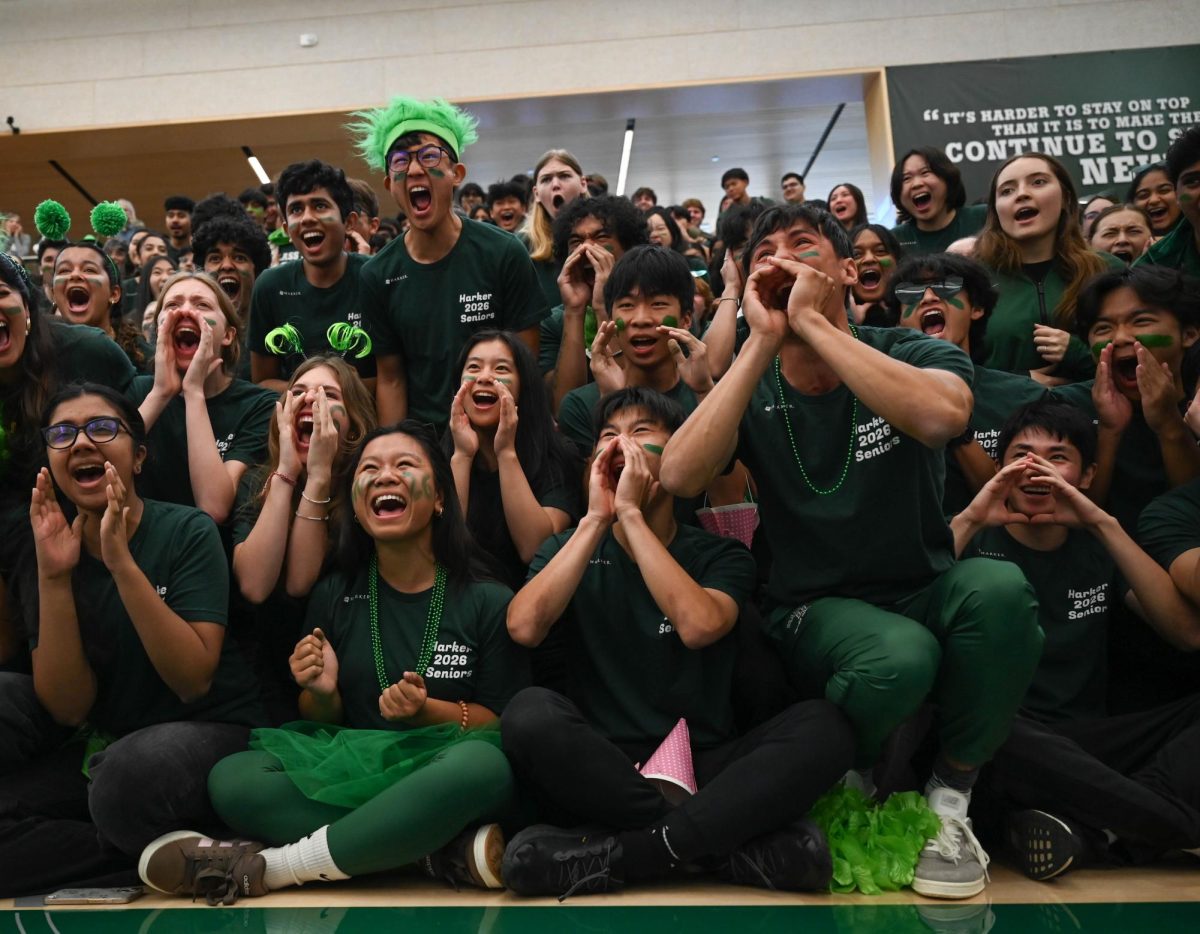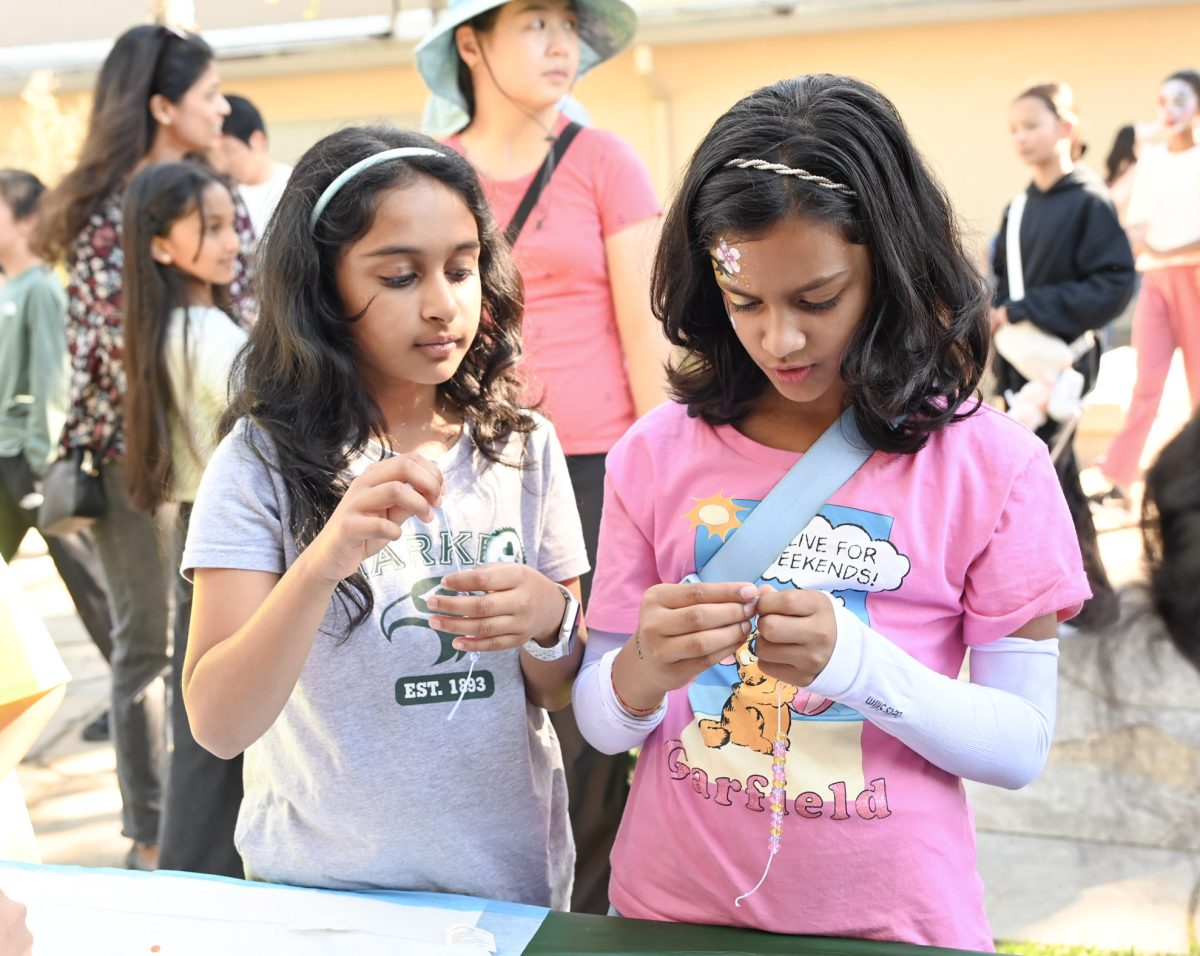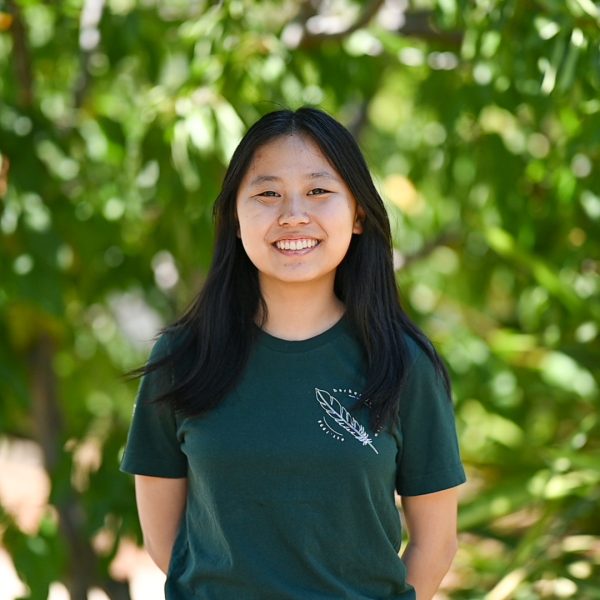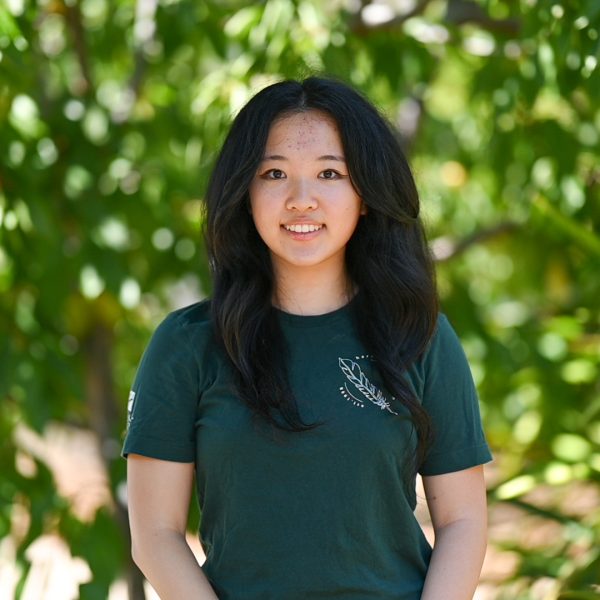Natural language processing (NLP) expert Allen Romano explained the uses of large language models (LLMs) when analyzing and understanding classical texts in his talk at the Language and Linguistics Club (LALC) via Zoom on Thursday.
Dr. Romano currently works as an engineer for Khanmigo, the educational LLM chatbot by Khan Academy. Before he entered the tech industry, Dr. Romano graduated from Stanford with a Ph.D. in classics and was a professor at Florida State University, where he conducted LLM research.
“The challenge of LLMs is: can we, entirely through language, replicate some form of rationality or thinking?” Romano said. “Although these language models are essentially next word completion, they can come up with something that sounds sensible.”
Dr. Romano explained the applications of LLMs in linguistics research and their advantages over traditional NLP models. Although he could access his institution’s resources, Dr. Romano noted that the versatility of LLMs benefits researchers outside of a formal academic setting.
“For a long time, you used to have to build custom tools,” Dr. Romano said. “With the scale of a lot of LLMs and the new techniques developed, you now have a more generalizable tool across certain tasks. It’s a Swiss Army Knife that, even in the short term, is changing the nature of language study and research.”
LALC officer Raeanne Li (10) organized the event. After hearing his Junior Classical League seminar, she invited him to speak at LALC for his experience in the rapidly expanding field of LLMs.
“Right now, everywhere you go there are large language models,” Raeanne said. “Everyone’s using Chat GPT, and a lot of companies are trying to incorporate chatbots into their interface. It was an interesting topic to let him speak about to the club.”
Part of Dr. Romano’s research was training language models on ancient languages. He discussed how language models could detect subtle insights in ancient syntax and semantics that are difficult for non-native speakers to parse.
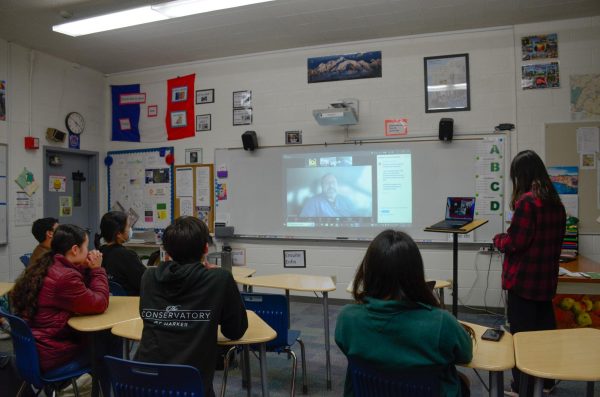
“I was looking at sociolinguistic markers of ancient speech,” Dr. Romano said. “Imagine you have an ancient drama. Based on the characters’ speech, how do you tell the difference between men and women? There are interesting findings; for example, female goddesses in ancient Greek speak like they are men rather than women in sociolinguistic terms.”
After hearing the talk, LALC club member Timothy Deng (11) grew interested in NLP’s potential to preserve languages that are in danger of extinction.
“I think NLP is a useful tool, especially given the increased globalization and anglicization of the world,” Timothy. “It’s important to know how to be able to converse with people speaking other languages. It’s also important to be able to preserve and safeguard our cultural heritage as people change languages and people drift away from the old vernaculars.”


















![“[Building nerf blasters] became this outlet of creativity for me that hasn't been matched by anything else. The process [of] making a build complete to your desire is such a painstakingly difficult process, but I've had to learn from [the skills needed from] soldering to proper painting. There's so many different options for everything, if you think about it, it exists. The best part is [that] if it doesn't exist, you can build it yourself," Ishaan Parate said.](https://harkeraquila.com/wp-content/uploads/2022/08/DSC_8149-900x604.jpg)




![“When I came into high school, I was ready to be a follower. But DECA was a game changer for me. It helped me overcome my fear of public speaking, and it's played such a major role in who I've become today. To be able to successfully lead a chapter of 150 students, an officer team and be one of the upperclassmen I once really admired is something I'm [really] proud of,” Anvitha Tummala ('21) said.](https://harkeraquila.com/wp-content/uploads/2021/07/Screen-Shot-2021-07-25-at-9.50.05-AM-900x594.png)







![“I think getting up in the morning and having a sense of purpose [is exciting]. I think without a certain amount of drive, life is kind of obsolete and mundane, and I think having that every single day is what makes each day unique and kind of makes life exciting,” Neymika Jain (12) said.](https://harkeraquila.com/wp-content/uploads/2017/06/Screen-Shot-2017-06-03-at-4.54.16-PM.png)








![“My slogan is ‘slow feet, don’t eat, and I’m hungry.’ You need to run fast to get where you are–you aren't going to get those championships if you aren't fast,” Angel Cervantes (12) said. “I want to do well in school on my tests and in track and win championships for my team. I live by that, [and] I can do that anywhere: in the classroom or on the field.”](https://harkeraquila.com/wp-content/uploads/2018/06/DSC5146-900x601.jpg)
![“[Volleyball has] taught me how to fall correctly, and another thing it taught is that you don’t have to be the best at something to be good at it. If you just hit the ball in a smart way, then it still scores points and you’re good at it. You could be a background player and still make a much bigger impact on the team than you would think,” Anya Gert (’20) said.](https://harkeraquila.com/wp-content/uploads/2020/06/AnnaGert_JinTuan_HoHPhotoEdited-600x900.jpeg)

![“I'm not nearly there yet, but [my confidence has] definitely been getting better since I was pretty shy and timid coming into Harker my freshman year. I know that there's a lot of people that are really confident in what they do, and I really admire them. Everyone's so driven and that has really pushed me to kind of try to find my own place in high school and be more confident,” Alyssa Huang (’20) said.](https://harkeraquila.com/wp-content/uploads/2020/06/AlyssaHuang_EmilyChen_HoHPhoto-900x749.jpeg)



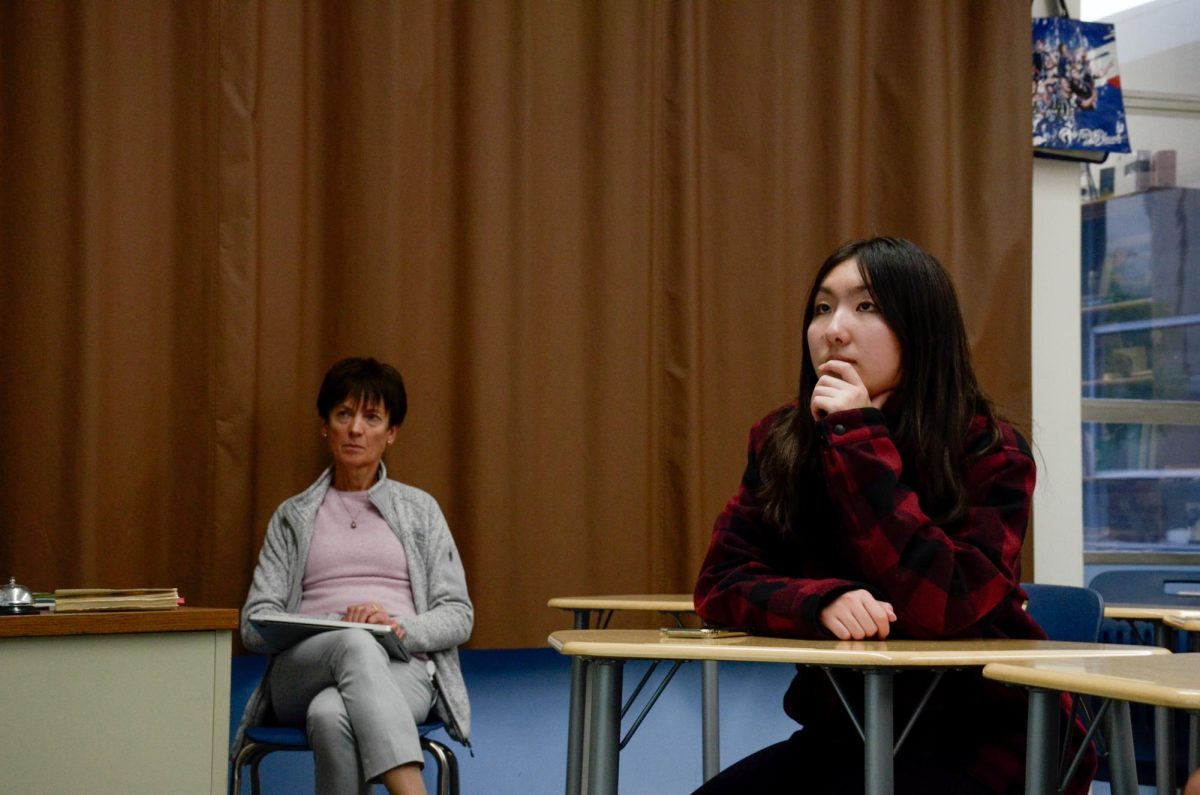



![LALC Vice President of External Affairs Raeanne Li (11) explains the International Phonetic Alphabet to attendees. "We decided to have more fun topics this year instead of just talking about the same things every year so our older members can also [enjoy],” Raeanne said.](https://harkeraquila.com/wp-content/uploads/2025/10/DSC_4627-1200x795.jpg)

